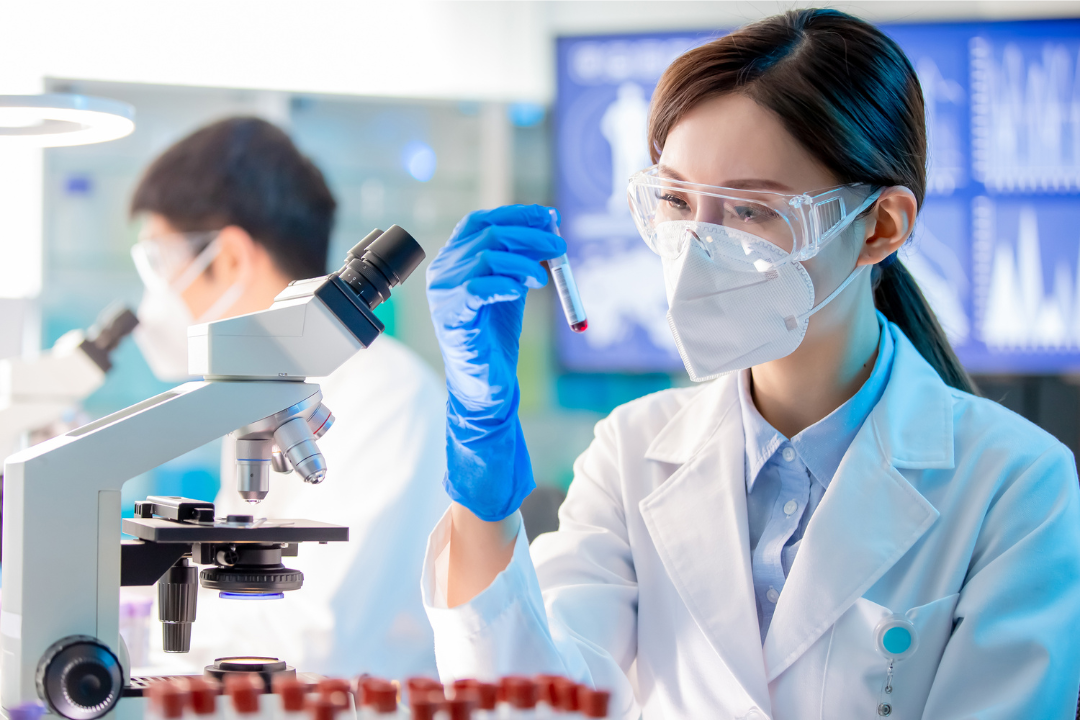
Scientific
Landscape: Regenerative medicine is being revolutionized by cellular reprogramming techniques.
Unlike conventional stem cell therapies, partial reprogramming aims to reverse cellular aging without
dedifferentiating the cells to pluripotency. By transiently activating Yamanaka factors, researchers have
demonstrated reversal of epigenetic clocks, improved tissue regeneration, and recovery of physiological function
in animal models.
Epigenetic
Targets: Reprogramming is increasingly being measured through DNA methylation clocks—Horvath,
Hannum, PhenoAge—that provide quantifiable biomarkers of biological age. This enables measurable endpoints in
clinical trials, enhancing credibility and investment appeal. Companies like Turn.bio and Rejuvenate Bio are
advancing mRNA and gene therapy-based approaches, while Altos Labs is focused on reprogramming across multiple
organ systems.
Commercial &
Clinical Frontiers: Applications span dermatology (e.g., anti-aging skin creams with reprogramming
molecules), orthobiologics (e.g., cartilage repair), neuroregeneration (e.g., Parkinson's disease), and
cardiovascular rejuvenation. The longevity sector is a particularly hotbed for translation, with affluent early
adopters and concierge clinics acting as initial revenue channels.
Market
Potential: Regenerative medicine is projected to exceed $80 billion by 2030. Aging-related diseases
account for over 60% of healthcare expenditures in developed nations, creating a massive opportunity for
therapeutics that delay or reverse biological decline.
Investment
Relevance: This sector is attractive due to its convergence with consumer health, longevity
wellness, and biomarker-driven precision medicine. VCs are focusing on companies with translational platforms,
protected IP around reprogramming payloads, and non-viral delivery options. Aesthetic and orthopedic markets
serve as initial cashflow-generating applications while de-risking core science.